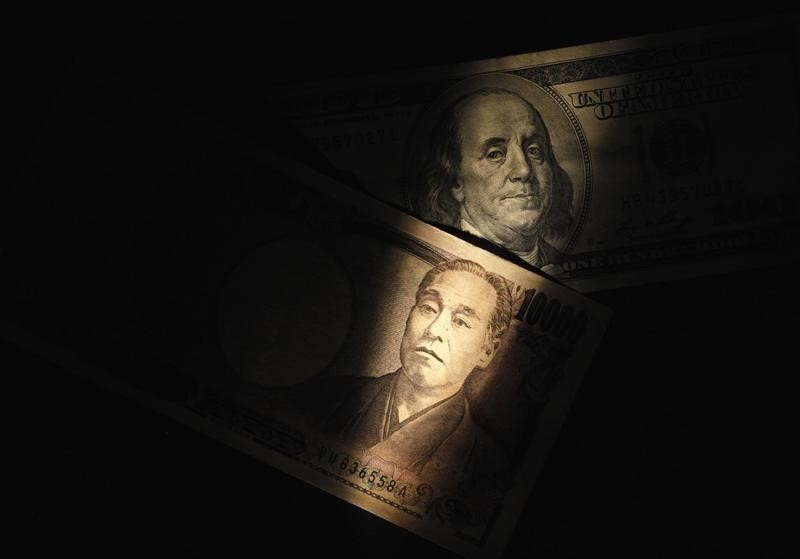LAGOS, Nov 30 (Reuters) - Nigeria's central bank expects to
maintain its stable exchange rate policy in the medium term and
keep monetary policy tight in 2020 to combat inflation and
support the naira amidst slow growth in Africa's largest
economy, its governor said.
"The CBN will continue to ensure that the policy interest
rate is delicately set to balance the objectives of price
stability with output stabilization," Godwin Emefiele said in a
speech in the commercial capital of Lagos late on Friday.
He said the priorities on exchange rate hinged on the
relatively high level of reserves.
The central bank has been trying to boost economic growth by
encouraging commercial banks to lend, after a 2016 recession
slashed income and triggered a currency crisis. The country has
since emerged from that contraction but growth is fragile.
Emefiele kept rates high and liquidity tight in 2019 to
support the currency and has forecasted the economy to expand by
2.2% this year after growth picked up in the third quarter,
lifted by a rise in crude production. Inflation soared to a 17-month high in October, worsened by
the government's decision to close its land borders with
neighbouring countries.
The central bank this week said the impact of the border
closures on prices was "reactionary and temporary" and that the
medium-term benefits of the government's decision outweighed the
short-term costs.
Emefiele said he would advise the government to maintain the
closures in the interests of boosting economic output, which has
been recovering relatively slowly in the non-oil sector.
He urged the government to diversify its exports so as not
to over-rely on oil, adding that growth has been positive but
that the country still needs to improve infrastructure in order
to boost the economy.
"We should encourage Nigerians to consume goods that can be
produced in Nigeria, knowing fully well that a time will come
when we may not have the foreign exchange to aid such
activities, if we continue to rely on earnings from the export
of crude oil," he told bankers.
Emefiele said the country would need to build buffers to
insulate it from pressures in the global market.
Nigeria has maintained multiple exchange rates to manage
pressure on the naira after currency controls were introduced in
2015 to counter the impact of low prices for crude oil, which
provides 90% of the country's foreign-exchange earnings.
